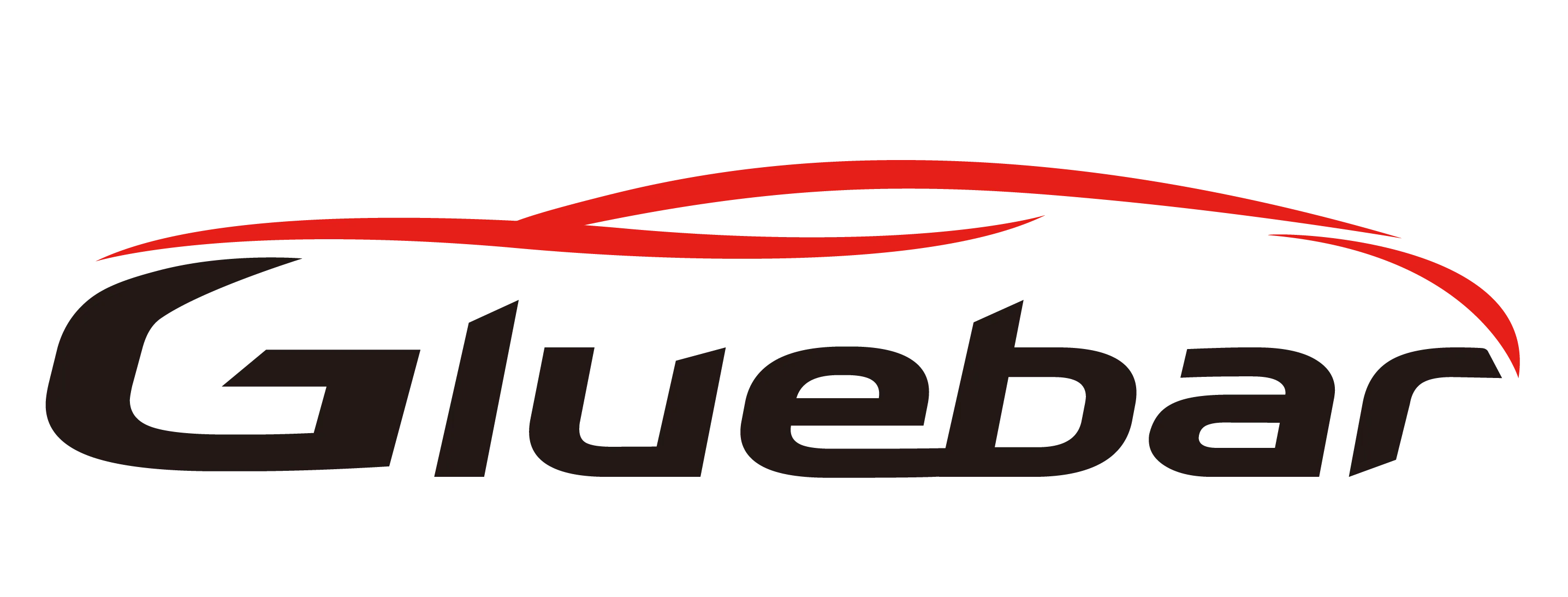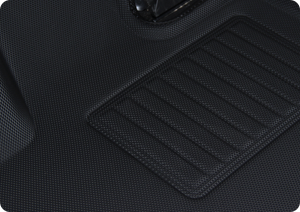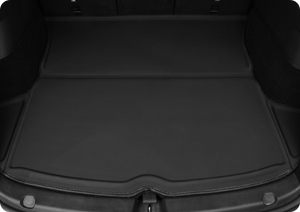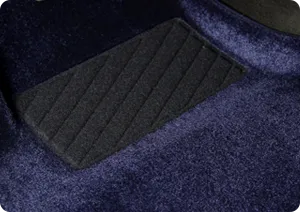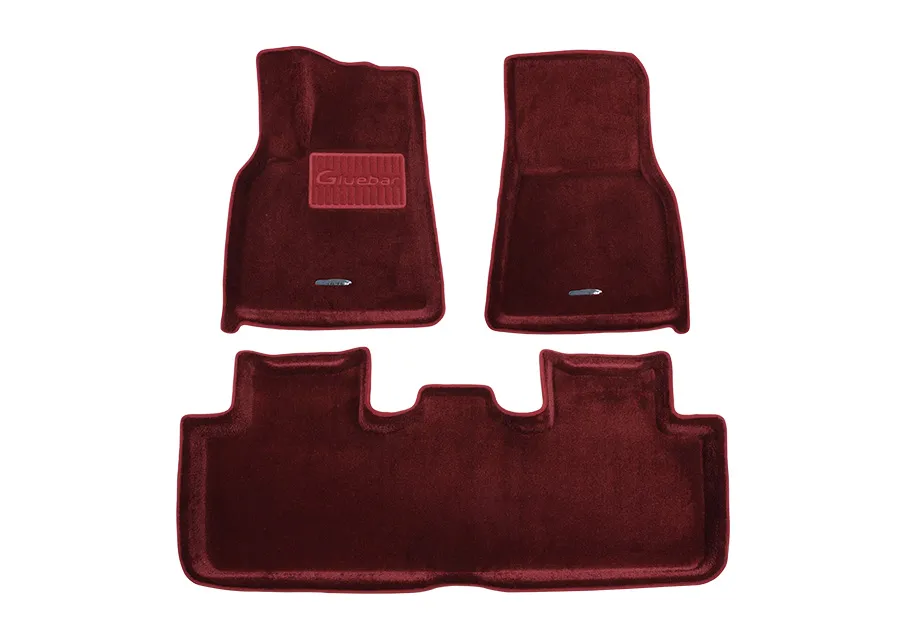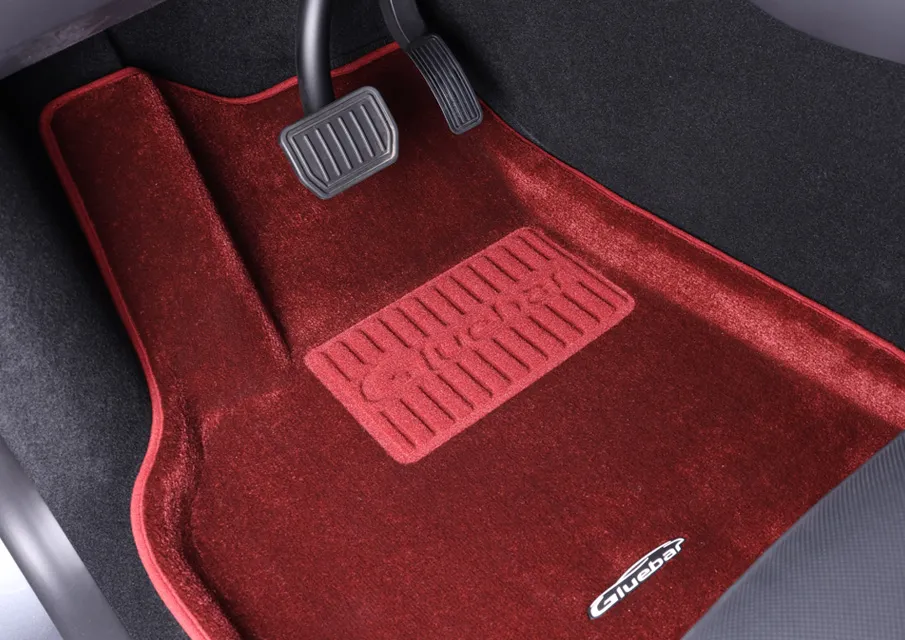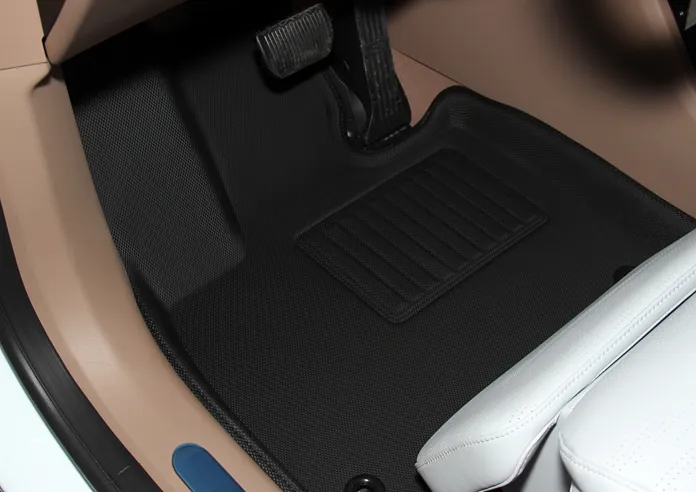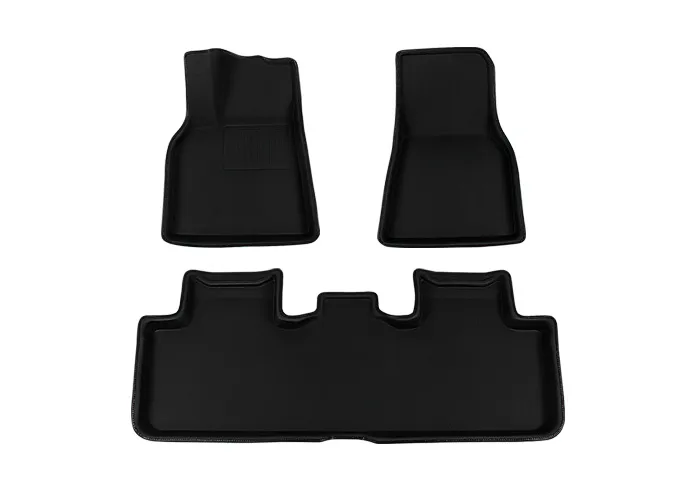When a distributor orders thousands of car mats but later gets complaints—some mats are too big, the clips don’t align, and safety may even be affected—the damage is heavy. Not only do they face urgent returns, shipping costs, and after-sales issues, but more importantly, the customer’s trust in the brand drops sharply.
This kind of risk is not rare in the auto parts industry. To avoid it, professional car mat manufacturers must build a full fitment guarantee system from the very start of design all the way to delivery, ensuring mats match each vehicle with precision.
Precision Measurement and Data Collection: Accuracy From the Start
Laser Scanning and 3D Modeling
Imagine scanning the car’s entire floor pan like a CT scan. Leading factories use laser scanners to capture every curve, corner, bump, and groove with millimeter precision. Then, 3D modeling turns this data into a digital car cabin. Compared with manual measurements, this method is faster and far more accurate, giving mat design a solid, scientific base from the beginning.
Reference: 3D Scanning Market Size – Global Market Insights reports that the 3D scanning market reached around USD 5.1 billion in 2024, with the auto industry as one of the key drivers for better measurement and quality control.

OEM Data Access
More advanced factories can directly connect to the original interior data from automakers, like getting the “first-hand blueprint.” This means prototyping doesn’t require endless rework, development speeds up, and when a new car launches, the mats can almost roll out at the same time.
What It Means for Distributors
This is like a “fast and precise” race. When the first sample already fits perfectly, it cuts down the development cycle and avoids endless back-and-forth revisions. For distributors, that means getting to market faster and securing customers sooner.
Mold Development and Prototyping: Turning Data Into Real Products
Custom Mold Design
Just like a tailor makes a suit to fit one person, every car model needs its own mold for floor mats. Using a “one mold for many cars” shortcut will never work. A professional car mat factory develops dedicated molds for popular models and builds a complete mold library. Whether it’s an SUV, sedan, or pickup, the mats will precisely fit the interior, with corners aligned and no gaps left behind.
Prototyping and Real-Vehicle Testing
Once the mold is ready, the factory produces small-batch prototypes and installs the mats directly into the target vehicle for testing. Fit, slip resistance, coverage, and even the foot feel when passengers step in or out of the car are all verified at this stage. Only after the customer approves the samples will the mats move into mass production.
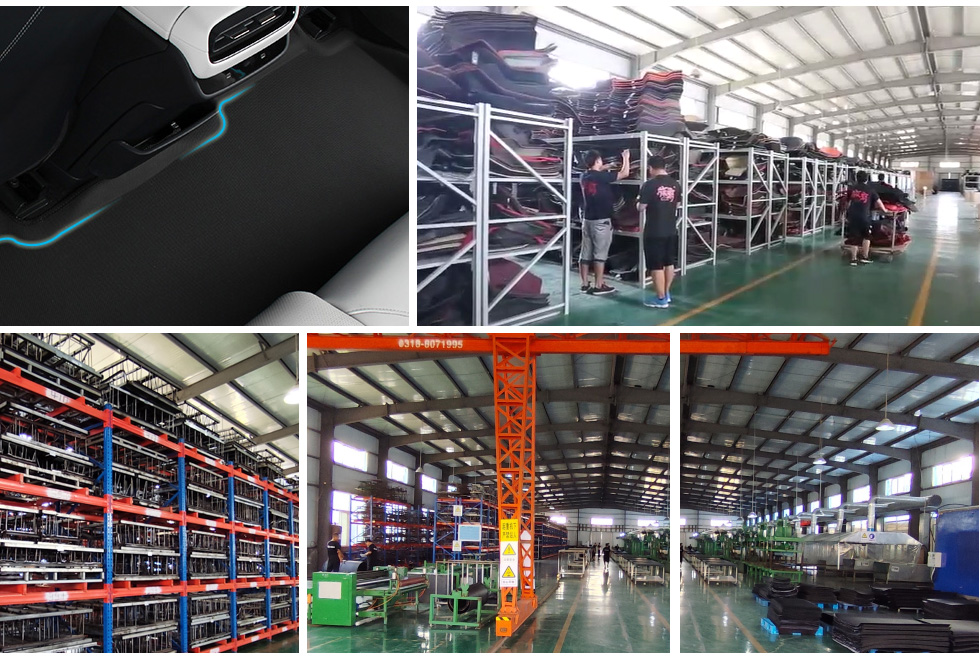
What It Means for Distributors
For B2B distributors, this step works like a “quality gate.” Accurate samples mean less rework and fewer rounds of communication. It helps you get a market-ready product faster. In the end, mass production can start smoothly, making bulk supply more efficient and more reliable.
Materials and Structural Design: Meeting Different Vehicle Needs
The choice of materials and structure often decides whether a car mat really “does the job.” Different vehicle types and driving scenarios have very different requirements. A professional car mat manufacturer will adjust the design based on the vehicle segment, balancing practicality with comfort.
SUVs / Off-road Vehicles: High Edges for Mud and Water
Off-road drivers often face mud, snow, and rough terrain. That’s why SUV and off-road mats usually come with raised edges and drainage channels. They work like a small dam, trapping water, mud, and sand, and keeping the cabin clean.
Related product: Mitsubishi Pajero Custom Fit TPE Floor Mats
Luxury Sedans: Quiet, Non-Slip, Odor-Free
Luxury car owners care more about driving comfort. Premium mats use eco-friendly TPE or multi-layer composites to stay odor-free. The surface texture improves grip, while an acoustic layer underneath helps cut noise for a quieter ride.
Related product: Mercedes-Benz E-Class Floor Mats
Commercial Vehicles: Durable and Easy to Clean
Commercial vehicles see heavy use, so mats wear out faster. For this, factories use thicker, more durable materials and simplified surface patterns that make cleaning easier. Dust, oil stains, or mud can be washed off quickly, extending product life.
Zoned Design and Precision Cutting
Inside a vehicle, each area has different needs. Driver mats get reinforced clips and anti-slip textures for safety, while trunk mats focus on waterproofing and abrasion resistance. Using laser cutting and zoned design, every mat fits snugly, covering all spaces without gaps.
What It Means for Distributors
This kind of differentiated design helps distributors serve more customer segments. Whether the client drives an SUV, a luxury sedan, or a work vehicle, they can find mats that fit their needs. That not only raises customer satisfaction but also drives repeat sales and builds competitiveness in the market.

Summary: Car Mat Fit Is Not Just Craftsmanship—It’s Competitiveness
The fit of a car mat may seem like a “small detail,” but it reflects a factory’s technical expertise, management capability, and sense of responsibility to its customers. From laser scanning to 3D modeling, from mold development to in-vehicle testing, and from material design to zoned cutting—every step lays the foundation for precise fit.
For distributors, choosing a manufacturer that can guarantee mats fit different models doesn’t just mean fewer returns and less after-sales hassle. It also means higher customer satisfaction and stronger competitiveness in the market.
Looking globally, the Automotive Parts Market Report
shows that the market keeps growing and competition is becoming tougher. In such an environment, those who master the details will be the ones who gain the advantage in the future.
